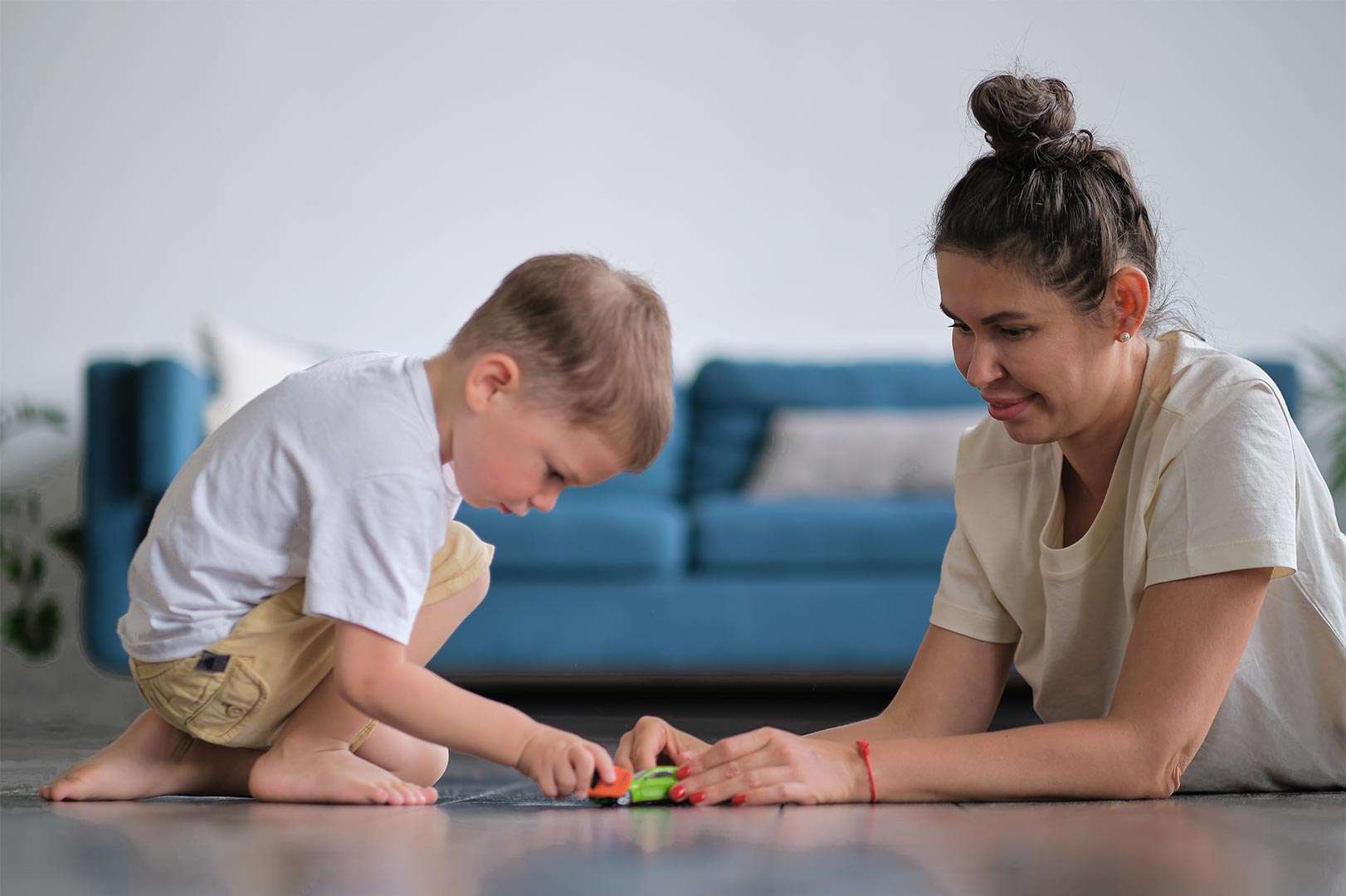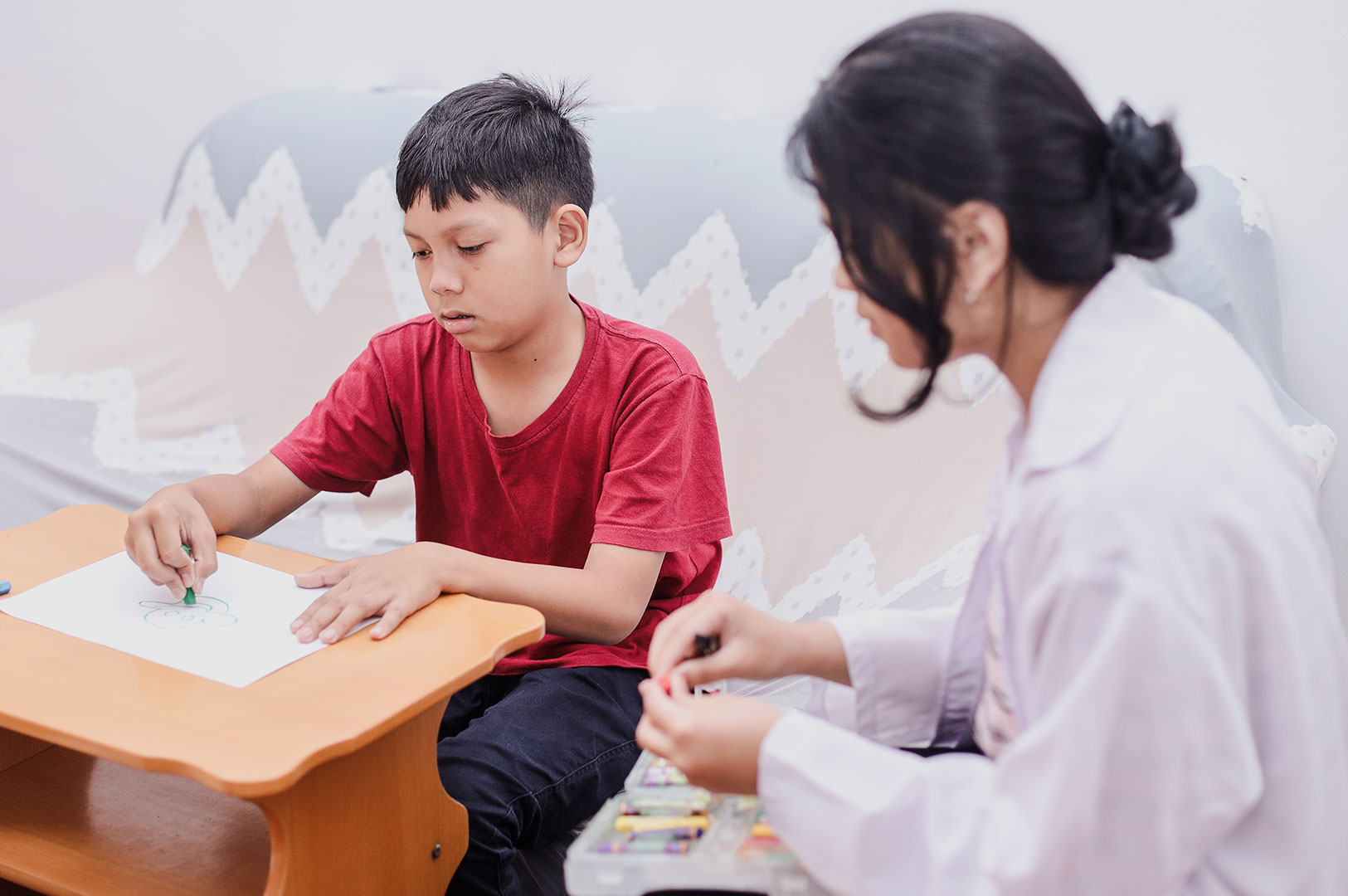1. Accept your child for who they are.
One of the most important things you can do as a parent of an autistic child is to accept them for who they are. This means understanding their unique strengths and challenges, and celebrating their individuality. It also means avoiding comparisons to other children, as this can only lead to frustration and disappointment.
2. Get informed about ASD.
The more you know about ASD, the better equipped you will be to help your child. There are many resources available to parents, including books, websites, and support groups. By learning as much as you can about ASD, you will be better able to understand your child’s needs and how to meet them.
3. Provide structure and routine.
Many autistic children thrive on structure and routine. This means providing them with a predictable schedule and clear expectations. For example, you might create a visual schedule that shows your child what activities they will be doing each day. You can also use timers to help your child learn how to wait and transition between activities.
4. Use positive reinforcement.
Positive reinforcement is a powerful tool that can be used to encourage desired behaviors. When your child does something you want them to do, be sure to praise them and give them a reward. This will help them learn that positive behaviors are met with positive consequences.
5. Be patient and consistent.
Raising an autistic child can be challenging, but it is important to be patient and consistent. It may take time for your child to learn new skills or behaviors. However, if you are patient and consistent, they will eventually make progress.
6. Seek professional help.
If you are struggling to parent your autistic child, there is no shame in seeking professional help. There are many qualified professionals who can provide support and guidance. This may include therapists, educators, or social workers.
7. Take care of yourself.
Parenting an autistic child can be demanding, so it is important to take care of yourself. This means getting enough sleep, eating healthy foods, and exercising regularly. It also means finding time for relaxation and stress relief. By taking care of yourself, you will be better able to cope with the challenges of parenting an autistic child.
Raising an autistic child can be a rewarding experience. By following these tips, you can create a supportive environment that will help your child thrive.
Additional Tips:
- Celebrate your child’s quirks and talents. Everyone has their own unique quirks and talents, and autistic children are no exception. Instead of trying to change your child, embrace their quirks and help them develop their talents.
- Be patient and understanding. Autistic children often learn and process information differently than other children. This can lead to frustration for both the child and the parent. Be patient and understanding, and give your child the time they need to learn and grow.
- Encourage social interaction. Social interaction can be challenging for autistic children, but it is important to encourage them to interact with others. There are many ways to do this, such as enrolling your child in play therapy, joining a support group, or taking them to social events.
- Get involved in your child’s education. Education is essential for all children, but it is especially important for autistic children. Get involved in your child’s education by talking to their teachers, attending parent-teacher conferences, and volunteering at their school.
- Find a support network. Raising an autistic child can be isolating. It is important to find a support network of other parents who understand what you are going through. There are many support groups available online and in your community.
Raising an autistic child can be a challenging but rewarding experience. By following these tips, you can create a supportive environment that will help your child thrive.
Find out if your child needs extra support today!
- My child screams hysterically
- My child is mean to other children
- My child is always worried
- My child is scared to go to school
- My child is scared of loud noises
- My child doesn’t know how to read
- My child is scared to play outside
- My child does not respond to his name
- My child always gets in trouble
- My child fights with other children
- My child doesn’t know how to count
If you are concerned about your child’s development, contact us for Assessments: Phone/Telegram: 077.455.993 – Telegram Link: https://t.me/OrbRom
If you are concerned about your child’s development, contact us for Assessments.
Phone/Telegram: 077.455.993 Link: https://t.me/OrbRom






Leave A Comment